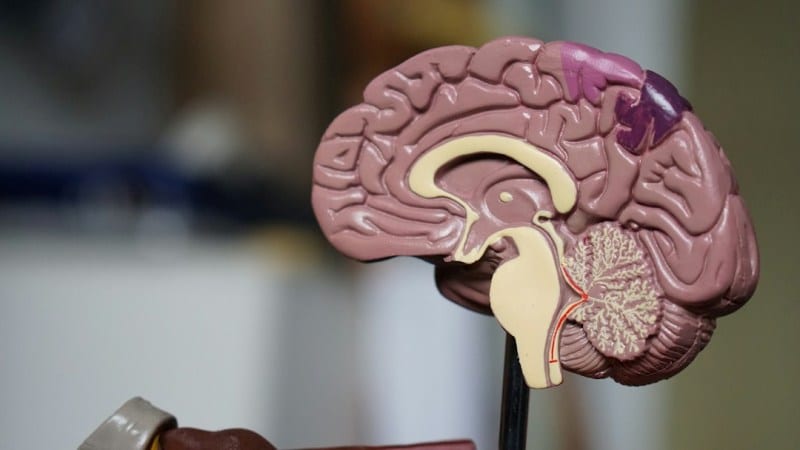Alzheimer’s disease is a progressive neurological disorder that slowly impairs memory and cognitive skills, ultimately hindering the ability to perform the simplest tasks. As researchers continue to search for a cure, understanding the disease’s risk factors is vital in managing its prevalence and impact. These factors range from genetic predispositions to lifestyle choices, each playing a significant role in an individual’s risk profile. In this article, we’ll delve into the various elements that may contribute to the development of Alzheimer’s. Keep reading to uncover various perspectives on this challenging condition.
Understanding Alzheimer’s Disease

Alzheimer’s disease is a form of dementia that is often characterized by the gradual degradation of neurons, which affects an individual’s memory, thought processes, and behavior. This degeneration leads to atrophy in certain brain areas, heavily impacting memory retention and retrieval. Memory lapses may begin with mild confusion and forgetfulness but eventually progress to severe memory loss.
Alzheimer’s disease often causes dramatic personality changes, making it difficult for families and caregivers to handle. Emotional distress is common, both for the person dealing with the disease and for those providing support. It compels us to understand and empathize with the struggles associated with Alzheimer’s.
Moreover, the broader societal impact of Alzheimer’s disease cannot be overstated, with economic, healthcare, and social implications. With an aging global population, Alzheimer’s cases are expected to rise, amplifying the importance of understanding and addressing the disease. Further information on Alzheimer’s disease can be found at https://www.alzinfo.org.
Exploring Genetic Links and Hereditary Patterns in Alzheimer’s Development
Genetics plays a key role in an individual’s risk of developing Alzheimer’s disease. Certain genes, like the APOE-e4 allele, have been identified to increase the risk. However, inheriting the gene doesn’t guarantee that one will develop the condition—it merely signifies a higher susceptibility.
Hereditary patterns also contribute to risk, with a family history of Alzheimer’s increasing the probability of its occurrence in subsequent generations. However, genetic predisposition can be influenced by an interplay of other factors, which underscores the complexity of this disease’s genesis.
The Role of Age, Gender, and Family History in Alzheimer’s Risk

Age is the strongest known risk factor for Alzheimer’s, with the majority of people with Alzheimer’s being 65 and older. The probability of developing the disease doubles approximately every five years after reaching 65, bringing age significantly into focus when discussing Alzheimer’s risk.
Gender is another aspect to consider, as women are statistically more likely to develop Alzheimer’s than men. Some theories suggest that this could be due to women generally living longer than men, while others look into gender-specific biological or genetic differences. The role of estrogen hormone after menopause is also under investigation as a potential contributing factor.
Family history sharpens the risk, especially when more than one immediate family member has been diagnosed with Alzheimer’s. This reinforces the importance of acknowledging and understanding one’s family medical history as an essential part of risk assessment.
Diet, Exercise, and Cognitive Engagement’s Influence on Alzheimer’s
Diet and exercise have emerged as significant lifestyle factors that can potentially influence Alzheimer’s risk. Diets rich in fruits, vegetables, and whole grains, such as the Mediterranean diet, have been associated with a lower risk of cognitive decline. Conversely, diets high in fat and sugar may increase the risk.
Regular physical activity is believed to maintain blood flow to the brain and encourage the growth of new brain cells, creating a potentially protective effect against Alzheimer’s. It also contributes to overall cardiovascular health, which is closely linked to cognitive health.
Cognitive engagement through activities like reading, playing musical instruments, or participating in puzzles and games can also stimulate the brain and may help to delay the onset of Alzheimer’s symptoms. Lifelong learning and social engagement are viewed as positive habits that could potentially build cognitive reserves.
Overall, Alzheimer’s disease remains a complex condition with a multitude of contributing factors. While age, genetics, and family history are significant elements, lifestyle choices also play a critical role. Recognizing the multifaceted nature of Alzheimer’s risk factors can empower individuals to take proactive steps in maintaining cognitive health as they age.






